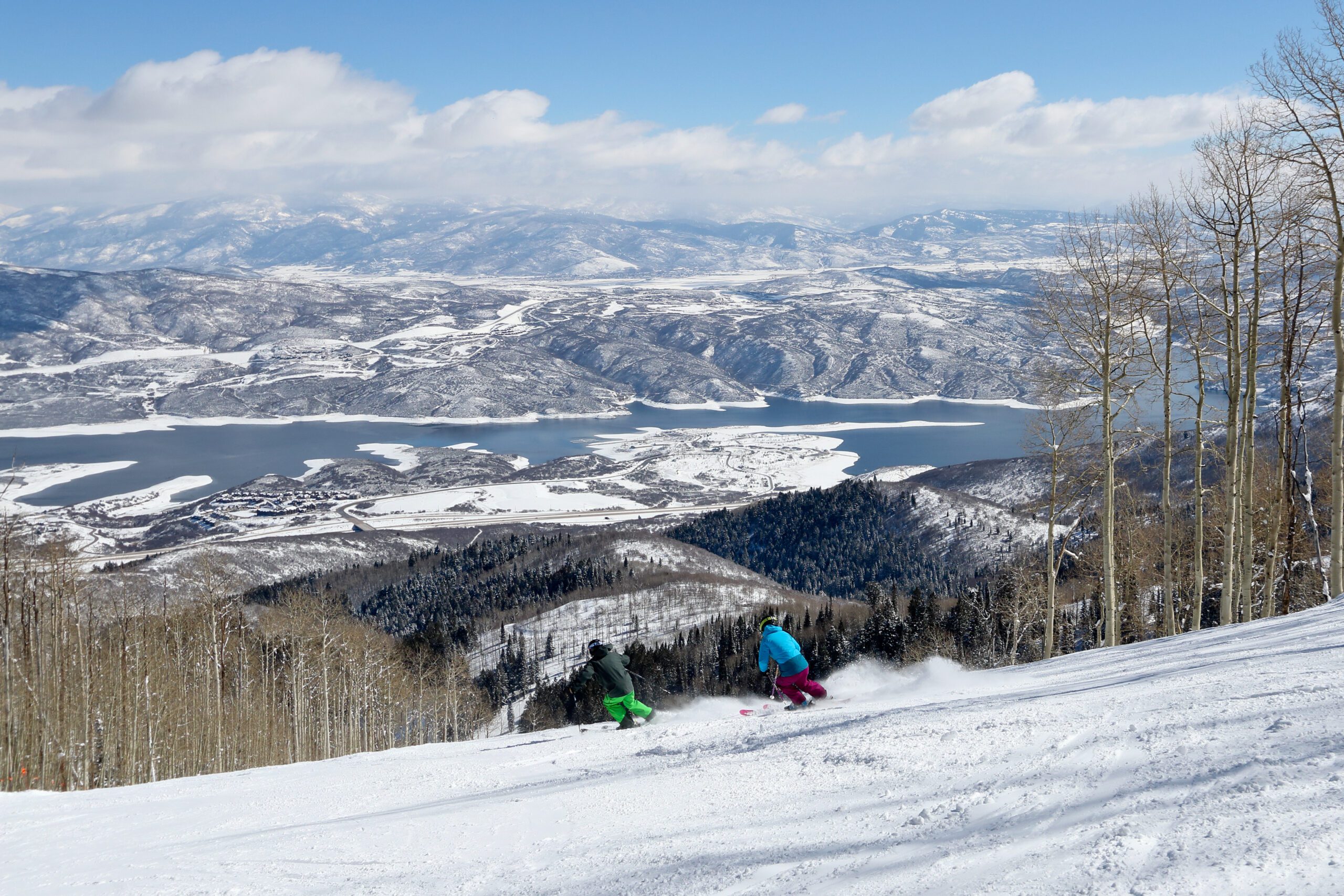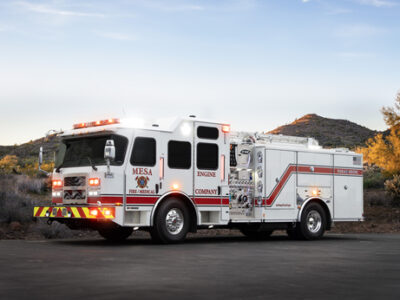For avid alpine athletes across America, each year’s looming winter season begs one daunting question: Epic or Ikon?
Both Epic Pass and Ikon Pass are two all-season access passes that provide nearly (and sometimes totally) unlimited access to mountains across North America operated by the company whose pass is purchased
(Note: some resorts are capped at 7-day consecutive visiting during peak season). The Epic Pass is run by Vail Resorts, a company whose mountain offerings include 60 resorts internationally, including resorts not owned and operated by Vail, but still fall under the accessibility of the pass, 36 of which are in the United States.
The Ikon Pass is offered by Vail Resorts competitor Alterra Mountain Company, boasting 54 international destinations, including partnership access, 32 of which are in the United States.
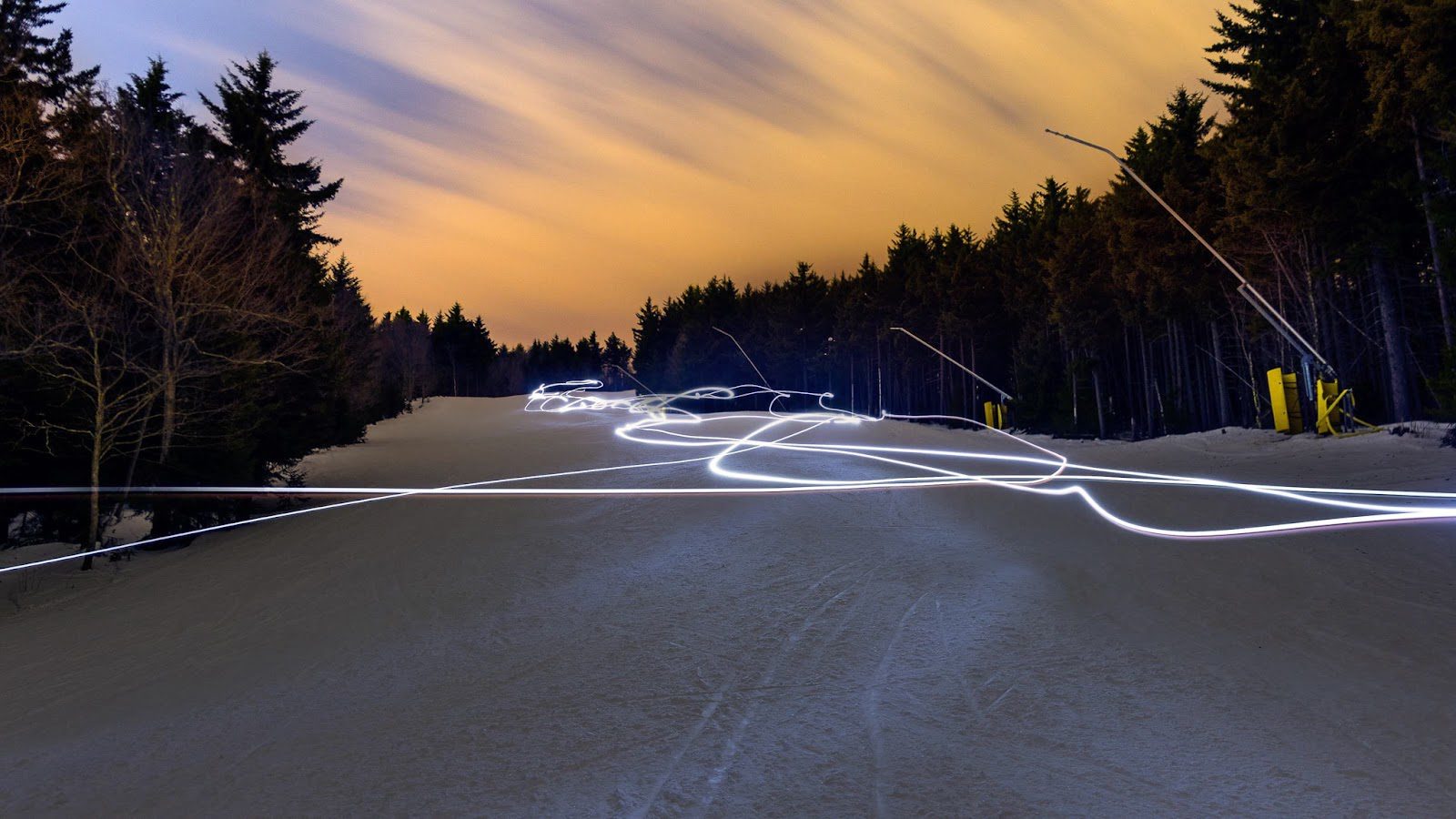
The head-to-head competitors are frequently up against each other as skiers and snowboarders decide which is a better financial deal. Still, the healthy competition between the two has also pushed both parties to move in more environmentally sustainable directions with their business models – a pleasant impact on the ubiquitous question in winter sports.
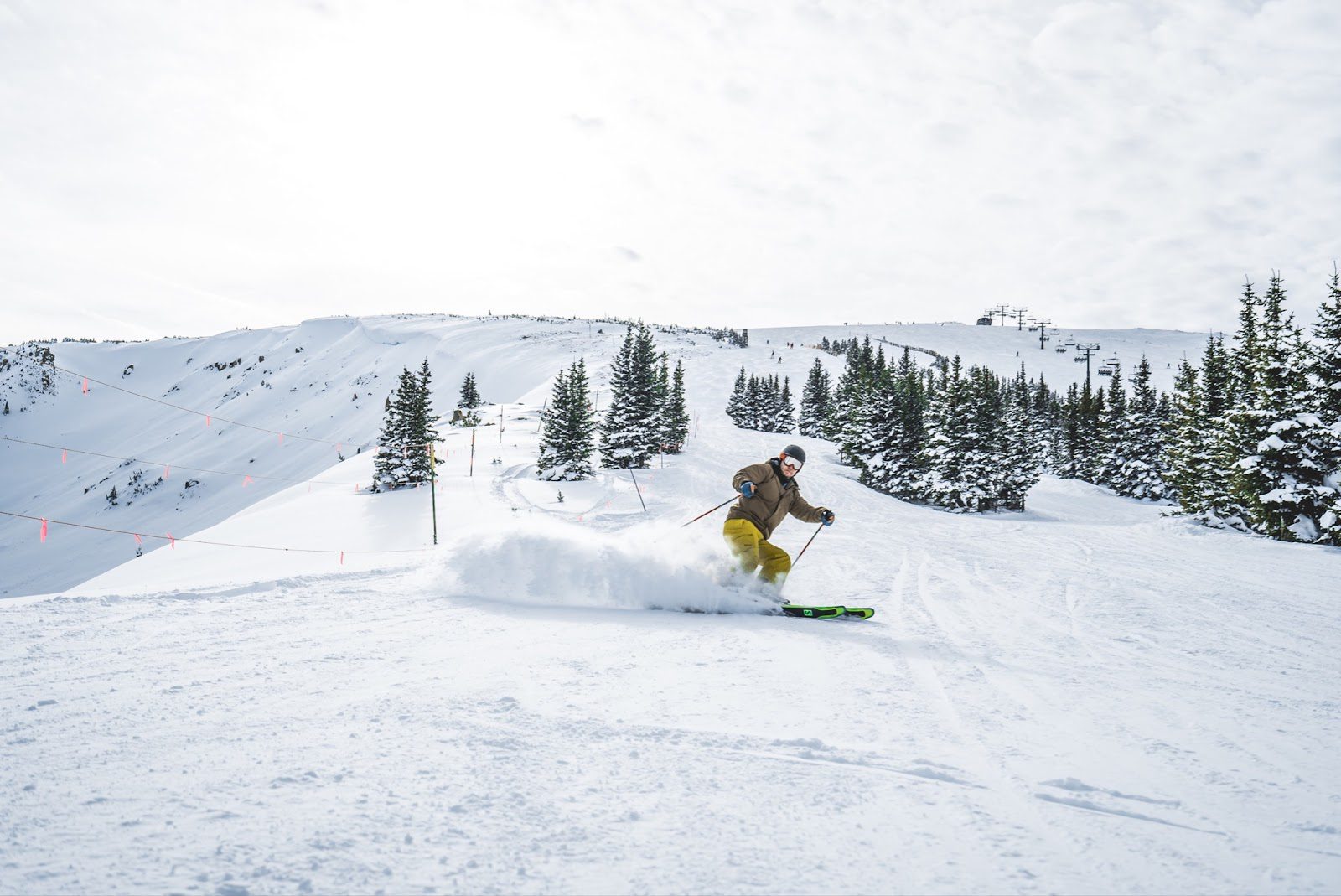
Various factors go into the choice between these two passes. Both offer access to world-renowned ski resorts for east coasters, west coasters, and midwesterners, albeit at slightly different price points. Seasonal passes are certainly an investment, with the Epic Pass clocking in at $819 and Ikon at $1,149 (for the 2021-22 season).
It may not be the most practical purchase for the occasional mountain goer. Still, for those who plan to make a few consolidated weekend trips throughout the country during the year or live near a mountain and are thinking of frequenting a resort, these options may save some green. For example, Vail Mountain Resort in Colorado has daily lift tickets at about $200, maxing out at around $230 during the holiday season and long weekends in January and February. So, while the upfront cost is high, if the potential for reaping the savings through repeated visits is likely, it could be worth considering.
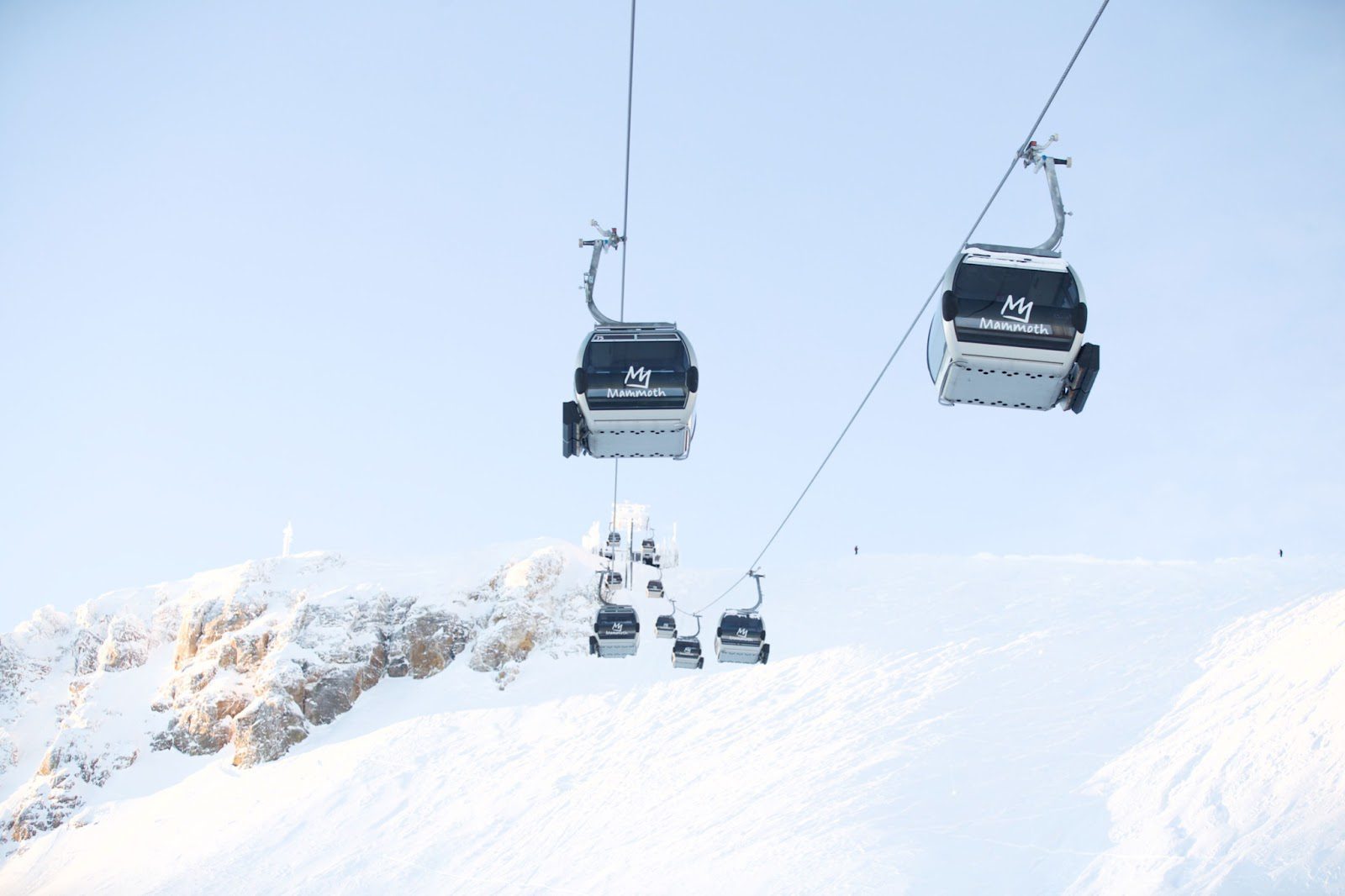
When The Business Download spoke this year with Casey Quinn – a 26-year old Denver-based law student and avid snowboarder for over a decade – about Colorado ski resorts’ strides in environmentalism, Quinn highlighted a compelling factor in the Epic vs. Ikon debate about sustainability.
“The selection of a mountain and where people choose to ski each year is almost entirely decided by which pass they go with,” the Coloradan told The Business Download.
When I asked her if a mountain’s sustainability efforts would change her mind about where to venture to on a given weekend, she said they may. Still, it comes down to the efforts of the parent company (Vail or Alterra) and the advertising of their conversation efforts almost a year before the season itself when passes go on sale. Seasonal passes are not able to be purchased after mid-October, generally.
“If it’s widely publicized at the pass level that there are sustainability efforts at the Ikon or Epic mountains, that would influence my decision on which pass to go with,” she said (emphasis in the original), noting that the decision would have to be made ahead of time. “Once I choose a pass for the season, I’m skiing just those mountains, regardless of their sustainability efforts.”
The snowboarder’s comments shed light on an important business catalyst for both Vail Resorts and Alterra Mountain Company, and one that has potentially outstanding benefits for the environment: make sustainable choices early, boldly, and across all resorts, or risk losing patrons and funds.
Both Vail and Alterra have done just that, undertaking significant projects to further their sustainability efforts in recent years. Presumably, the two have been playing off of one another to stay competitive and lick in the business of fiercely loyal and eco-conscious patrons.
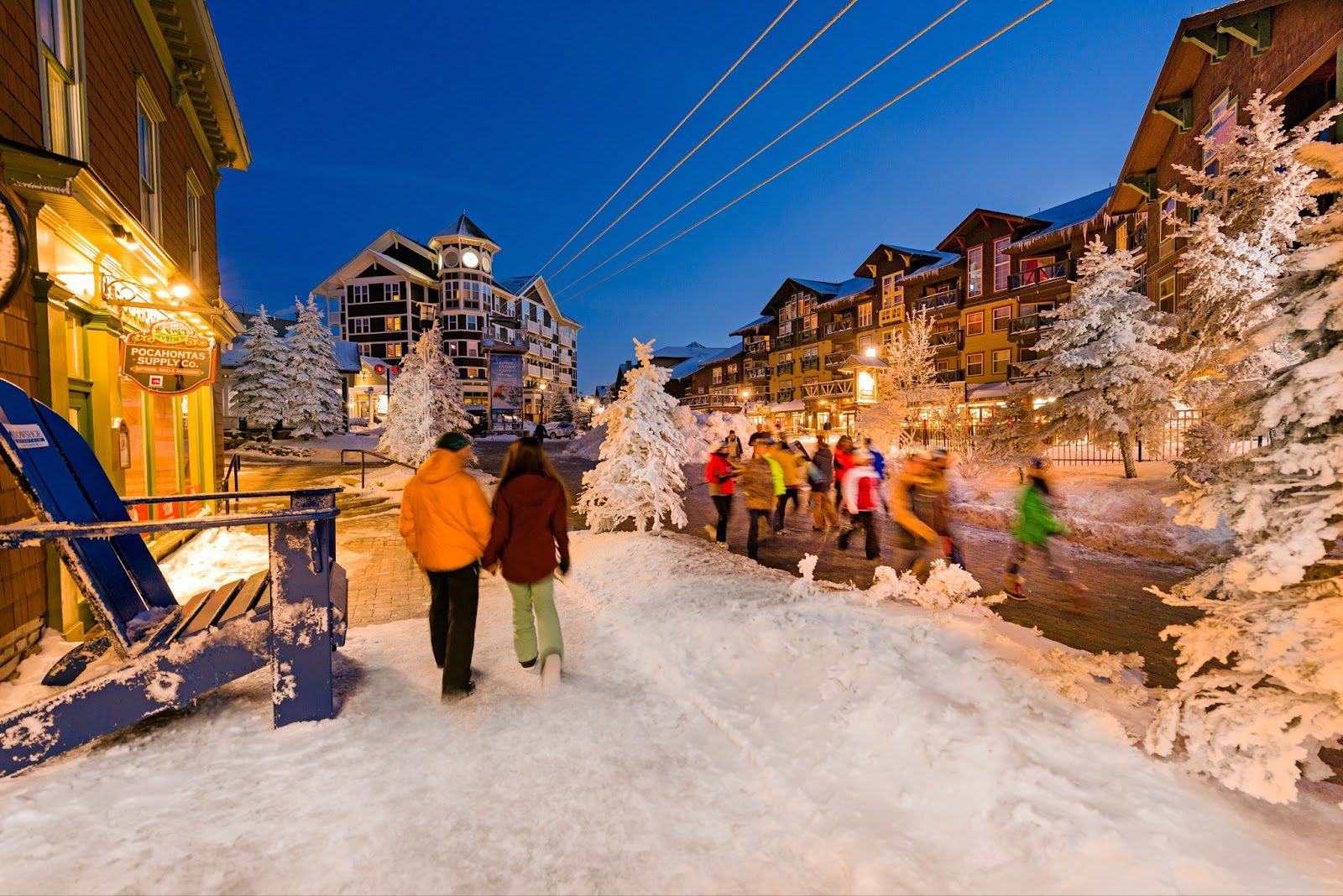
Vail Resorts (Epic Pass) announced a net-zero carbon footprint goal for 2030 last year, while Alterra Resorts (Ikon Pass) has also invested in clean energy sourcing and waste reduction across its resorts, including the world-famous Deer Valley Resort.
Both resorts have made meaningful contributions to environmental funds and partnered with local non-profits, and offered employee contribution funds for conservation efforts. Vail and Alterra also operate mountains that are switching to renewable energy, and both are also members of the National Ski Areas Association’s Sustainable Slopes program.
Making a selection between the two somewhat steep investments will depend on location, mountain preference, and financial feasibility. Yet, the larger question of which company is taking steps to ensure there continue to bemore skiable winters for years to come, is racing into the minds of mountain lovers too.
You can read more about individual mountains from state to state and compare the commitments of resorts across America on The Business Download here.

